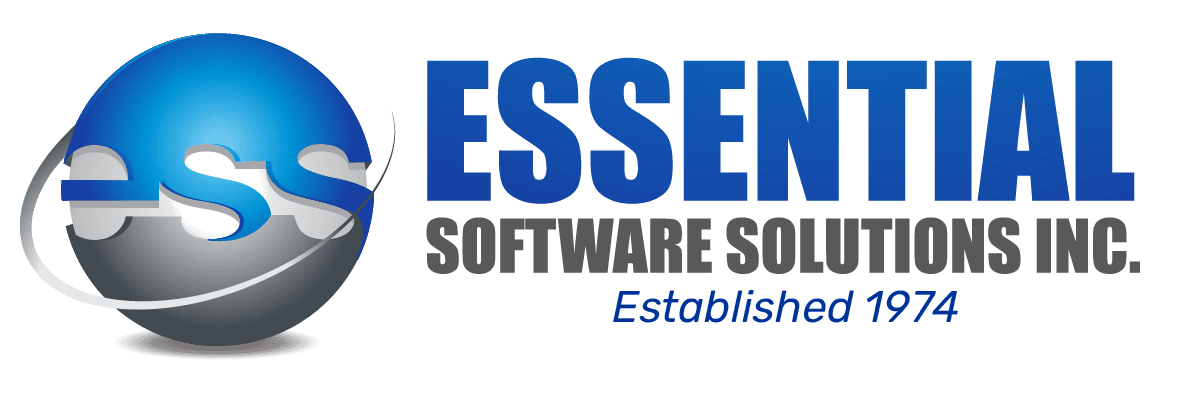Data-Analytics and Human Capital
There was a time, believe it or not, when I wasn't terribly interested in succession planning. People die, retire, or move to new jobs, smart business owners did enough to ensure business continuity, and that was as far as my thinking evolved. Besides – what did succession planning have to do with ERP software? In the past five years, however, my views have swung around the proverbial 180-degrees. Succession planning in the age of digital transformation has become increasing vital and worthy of discussion. Here's a quick, 3-point breakdown of why:- Competition for skilled labour is increasingly fierce.
- Millennials, the cohort that will one day take over Canada's C-suites, are less loyal to the companies that employ them than any previous generation.
- The power of data analytics is bringing enormous advantages to succession planning – and that's where ERP comes in.
The Role of ERP in Succession Planning
Let's make no bones about it: skilled human capital is not being replaced by automation – in fact, it's increasingly obvious that finding and retaining the right people is paramount for the creation of a competitive and profitable company. According to PwC's 21st CEO Survey, 78% of US CEOs are somewhat or extremely concerned about the availability of key skills. As in every department of the modern enterprise, companies are turning to data analytics to assist in decision making. According to Deloitte, “...77 percent of executives now rate people analytics as a key priority...companies are building people analytics teams, rapidly replacing legacy systems, and combining separate analytics groups within HR into one strategic function.” A modern, data-driven succession planning solution, such as Infor Talent Science, will help to drive a business's profitability through better workforce decisions. By combining candidate work behaviors with key performance metrics, analytics consistently delivers superior hiring recommendations, helping companies find workers that best fit their needs and corporate culture. At the same time, analytics will identify high-potential personnel and give suggestions on how to provide them with the training and incentives that best match their career goals. By helping companies take good care of their employees, ERP-backed analytics can minimize talent mobility, lengthen the life-cycle of good workers, and help to ensure that companies maintain a robust pipeline of succession candidates. That, especially in these days of job-hopping millennials, can provide Canadian companies with an important boost to their competitive edge.https://www2.deloitte.com/content/dam/Deloitte/global/Documents/About-Deloitte/gx-millenial-survey-2016-exec-summary.pdf
Essential Software Solutions (ESS) helps those in industrial manufacturing, and manufacturing of high tech and electronics, industrial machinery, medical devices, and windows and doors to gain insight, improve customer satisfaction and shorten production with the use of Infor ERP See more writing here>> . . . .











